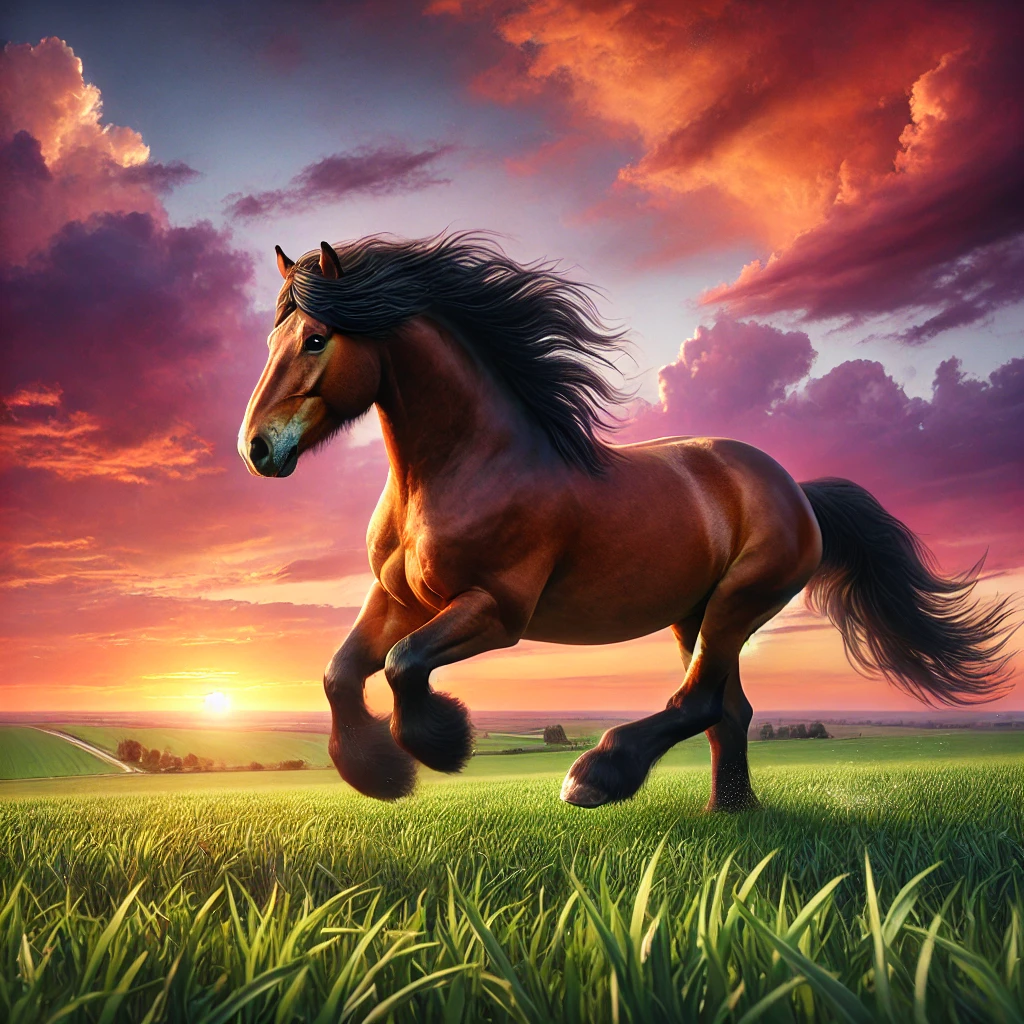Drawing:v74uyhgg9tq= horse: A Symbol of Power, Grace, and Freedom
Table of Contents
Drawing:v74uyhgg9tq= horse The horse has been an essential companion to humans for thousands of years. Whether as a symbol of strength, freedom, or loyalty, horses have inspired countless stories, myths, and artistic representations. In this article, we will explore the multifaceted relationship between humans and horses, examining the roles they have played in different cultures and their ongoing significance today.
History of Horse Domestication Drawing:v74uyhgg9tq= horse
Horses were first domesticated around 4000 BC in the steppes of Central Asia. Initially, they were used for meat and milk, but over time, their role evolved to include transportation, warfare, and agriculture. Their adaptability made them a valuable asset for early civilizations, transforming human mobility and warfare.
Horses in Ancient Civilizations Drawing:v74uyhgg9tq= horse
In ancient civilizations such as Mesopotamia, Egypt, and Greece, horses were highly regarded for their strength and speed. Chariots drawn by horses were used in warfare, and they became symbols of power and prestige. The ancient Egyptians believed that horses were divine creatures, often depicted in artwork alongside gods and royalty.
Mythology and the Horse
Throughout history, horses have been deeply embedded in mythology. In Greek mythology, the horse was associated with Poseidon, the god of the sea, who was believed to have created the first horse. The winged horse Pegasus symbolizes immortality and inspiration, representing the divine and the extraordinary.
Horses in Religion
Horses have played symbolic roles in various religious traditions. In Hinduism, the Ashvamedha sacrifice involved horses as a symbol of kingship and cosmic order. In Christianity, the Four Horsemen of the Apocalypse signify conquest, war, famine, and death, showing the deep connection between horses and powerful metaphors of life and death.
The Role of Horses in War Drawing:v74uyhgg9tq= horse
Horses revolutionized warfare. Cavalry units provided speed, maneuverability, and a psychological edge. From the nomadic tribes of the Mongols to the knights of medieval Europe, horses were integral to military strategy. The invention of stirrups allowed for greater stability, enabling mounted soldiers to wield weapons more effectively.
Horses in Art
Horses have been a popular subject in art for centuries. From cave paintings in Lascaux, France, to Renaissance masterpieces, artists have sought to capture the power, grace, and beauty of horses. The horse often symbolizes freedom and untamed nature, evoking a sense of awe and wonder in the viewer.
The Horse in Literature
Horses have galloped through the pages of literature, serving as metaphors for strength, loyalty, and endurance. In novels like “Black Beauty” by Anna Sewell, the horse is not just a character but a voice for kindness and empathy. Horses in literature often represent the wild and unrestrained spirit of nature.
Horses in Popular Culture Drawing:v74uyhgg9tq= horse
In modern times, horses continue to captivate the imagination through film, television, and sports. From westerns like “True Grit” to animated features like “Spirit: Stallion of the Cimarron,” horses remain a symbol of freedom, adventure, and bravery. They are also central to sports such as polo, dressage, and racing.
The Equestrian World Drawing:v74uyhgg9tq= horse
Equestrian sports have a long and prestigious history. Activities such as dressage, show jumping, and eventing test both the rider’s and horse’s skill, agility, and coordination. These sports highlight the close bond between human and horse, requiring trust, communication, and mutual respect.
Horse Racing
Horse racing is one of the oldest and most popular sports globally, with a rich history dating back to ancient times. It has evolved into a multi-billion-dollar industry, with famous races like the Kentucky Derby and the Grand National drawing worldwide attention. Racing requires exceptional athleticism and training from both horse and rider.
Horses in Therapy Drawing:v74uyhgg9tq= horse
Horses are now widely used in therapy, particularly for individuals with physical or emotional challenges. Equine-assisted therapy has been shown to improve balance, motor skills, and mental well-being. The calm and intuitive nature of horses makes them ideal partners for therapeutic programs, helping people build confidence and heal emotionally.
Horses in Agriculture Drawing:v74uyhgg9tq= horse
Before the industrial revolution, horses were essential in agriculture, used to plow fields, transport goods, and manage livestock. Their strength and endurance made them indispensable to farming communities. Even today, in some parts of the world, horses are still used for agricultural tasks, maintaining their traditional role in rural life.
Horses in Modern Transportation Drawing:v74uyhgg9tq= horse
While horses have largely been replaced by machines in transportation, they continue to hold ceremonial and cultural importance. In places like Amish communities, horses remain a vital part of daily life, used for pulling buggies and carts. Additionally, police forces in many cities use mounted units for crowd control and ceremonial purposes.
The Bond Between Humans and Horses
The relationship between humans and horses is unique, rooted in mutual respect and trust. Horses are incredibly intuitive animals, capable of forming deep emotional connections with their riders. This bond is often built on consistent communication, patience, and understanding, leading to a partnership that transcends language.
The Horse as a Symbol of Freedom
Horses are often seen as symbols of freedom due to their wild and untamed nature. Wild horses, such as the mustangs of the American West, represent the untamed spirit of nature. This association with freedom has been a powerful motif in art, literature, and film, where the image of a horse running free is often used to evoke a sense of liberation and adventure.
The Cultural Significance of Horses
Different cultures have different perceptions of horses, but they are universally admired for their strength and beauty. In Native American culture, horses were considered sacred and were often associated with the spiritual world. The introduction of horses by Europeans dramatically altered the way of life for many indigenous peoples, transforming their hunting and warfare practices.
Horses and Environmental Conservation
Wild horses play a significant role in ecosystems, helping to maintain grasslands and control vegetation growth. However, human activity has often threatened wild horse populations through habitat destruction and overgrazing. Conservation efforts are underway in many countries to protect these majestic animals and ensure their survival in the wild.
The Ethics of Horse Ownership
Horse ownership comes with great responsibility, as these animals require proper care, nutrition, and exercise. Ethical considerations in horse training and use are increasingly important in modern times. Issues such as the treatment of racehorses, the use of whips, and the ethics of keeping horses in captivity are topics of ongoing debate.
Horses and Modern Technology
Advancements in veterinary science and technology have significantly improved the health and well-being of horses. Innovations in medical treatments, nutritional supplements, and breeding techniques have allowed horses to live longer, healthier lives. Technology has also enhanced horse training methods, with virtual simulations and equipment improving both rider and horse performance.
Challenges Facing Horses Today
Despite their enduring importance, horses face several challenges in the modern world. Habitat loss, climate change, and industrialization have affected wild horse populations. Furthermore, ethical concerns surrounding horse racing, abuse, and neglect continue to be pressing issues. Advocates are working to address these concerns and promote the welfare of horses globally.
Conclusion
The horse remains one of humanity’s most enduring and powerful symbols. From ancient myths to modern therapy, horses have continuously enriched human culture, serving as companions, workers, and symbols of freedom. As we move forward, it is essential to continue respecting and protecting these magnificent creatures, ensuring that their legacy endures for generations to come.












Post Comment